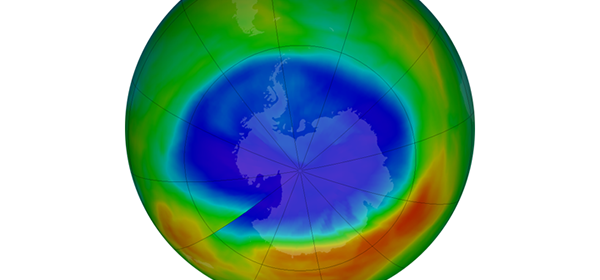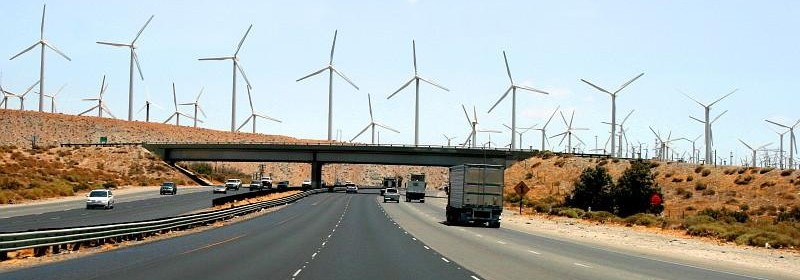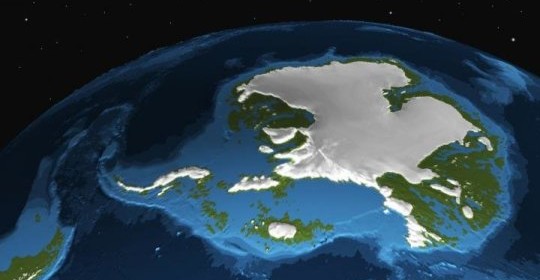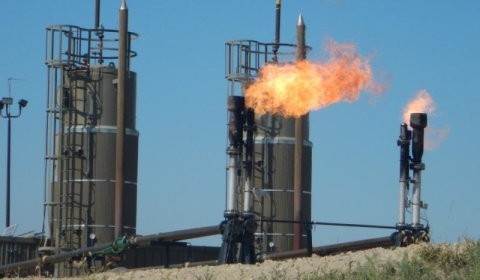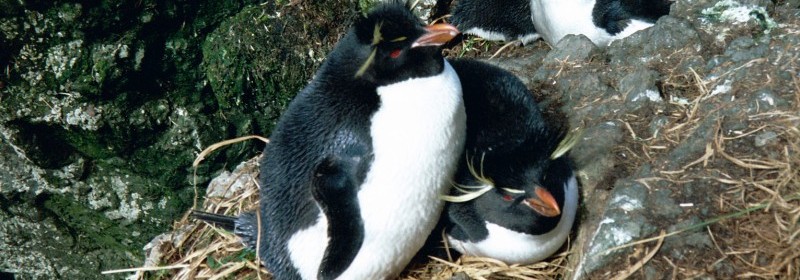Another Melting Antarctic Glacier
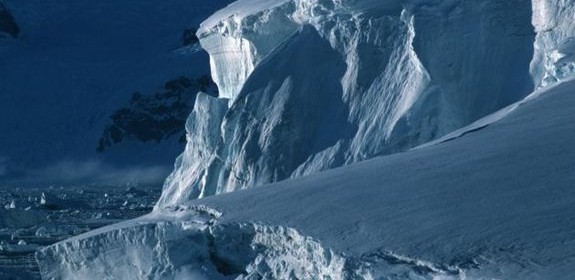
The warming of the world’s oceans is penetrating radar. They discovered two causing a glacier the size of California in massive undersea valleys beneath the East Antarctica to melt, and scientists fear ice sheet, one of which is 3 miles wide, its collapse could eventually cause global Those canyons allow warm, salty water sea levels to rise by as much […]
Read more
